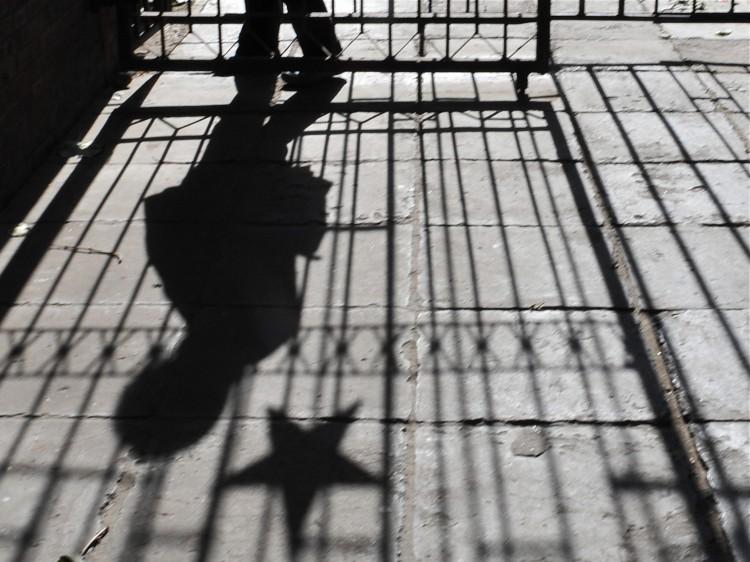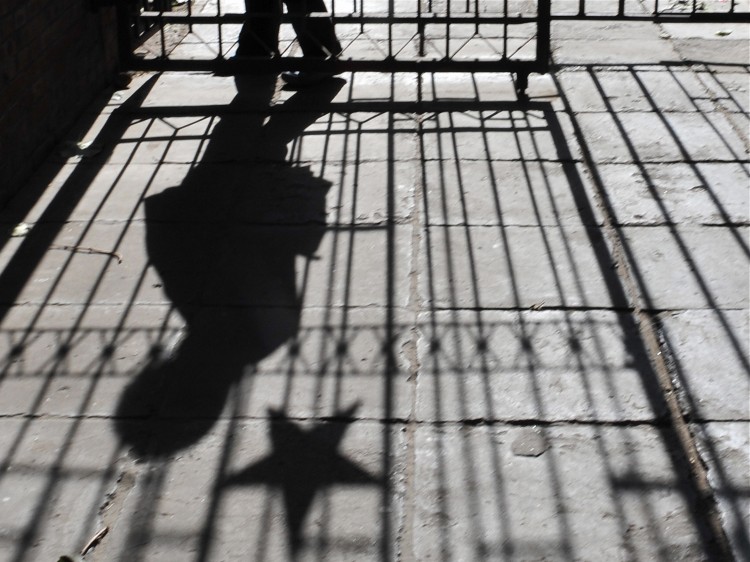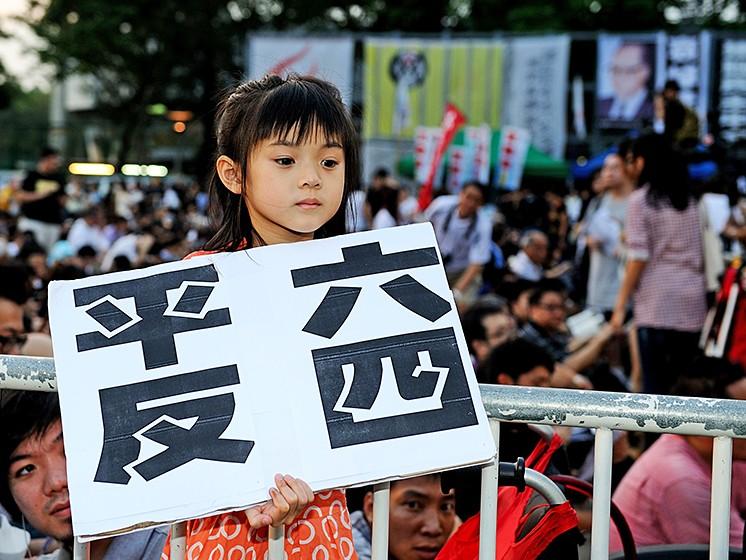Chinese Corruption Comes in Staggering Sums
Lacking the legitimacy to rule conferred by elections and institutions like the rule of law, the Chinese communists must rely on an extralegal system of perks and benefits—also known as corruption.

Corruption in China is an enormous problem for the ruling communists. Frederic J. Brown/AFP/Getty Images
|Updated:





